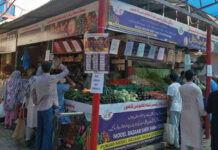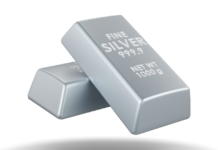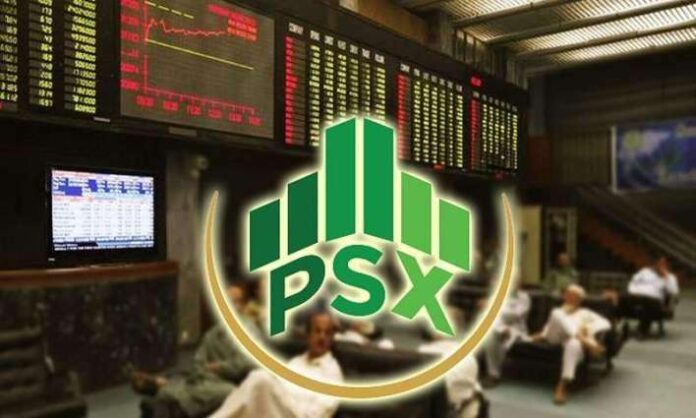The Pakistan Stock Exchange (PSX) witnessed a historic rally on Tuesday as the benchmark KSE-100 index soared past the 60,000-point level for the first time ever. The index gained 919.53 points or 1.54% to close at 60,730.87, setting a new record high.
The bullish trend was driven by strong buying interest in various sectors, especially automobile, cement, chemical, banking, and oil and gas. Investors were optimistic about the prospects of receiving funds from the International Monetary Fund (IMF) and other lenders, following a staff-level agreement on the first review of the $3 billion Stand-By Arrangement (SBA).
The PSX has been on a remarkable recovery path since hitting a low of 40,000 points in June this year. It has risen by 50% in just five months, making it one of the best performing markets in the world.
Another reason for the market optimism was the expectation that the State Bank of Pakistan (SBP) would slash its key policy rate by 7% to 15% by December 2024, from the current record high of 22%. This would make borrowing cheaper and boost economic growth, which would benefit the corporate sector and increase dividend payouts.
The volume leader in the rally was penny stocks, especially in the textile, technology, food, bank and steel sectors.
According to market experts, this is the fastest 50% rise in few months after 2004 and this positive momentum is expected to continue after the disbursement of funds from the IMF, which is likely to happen in December. They also said that there are talks of an interest rate cut, which will improve the liquidity situation and boost the market sentiment.























